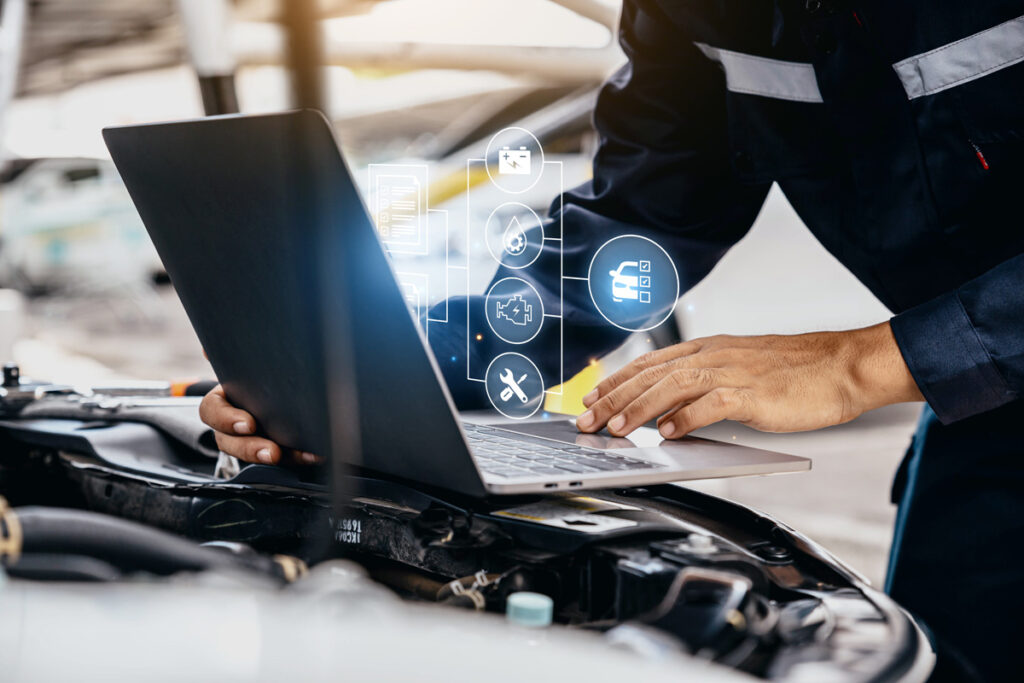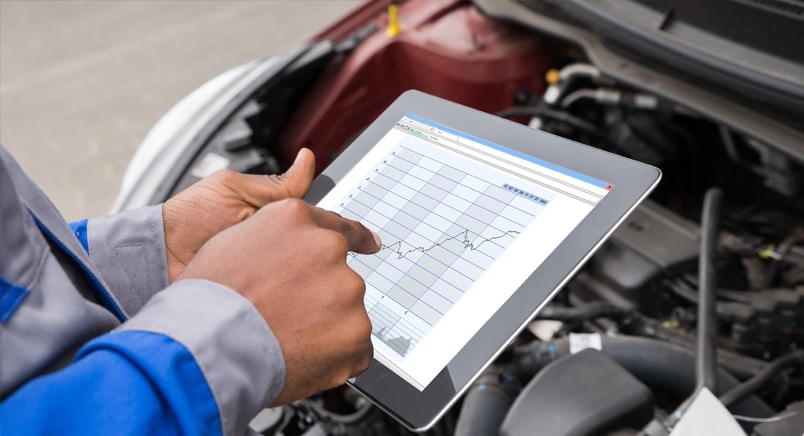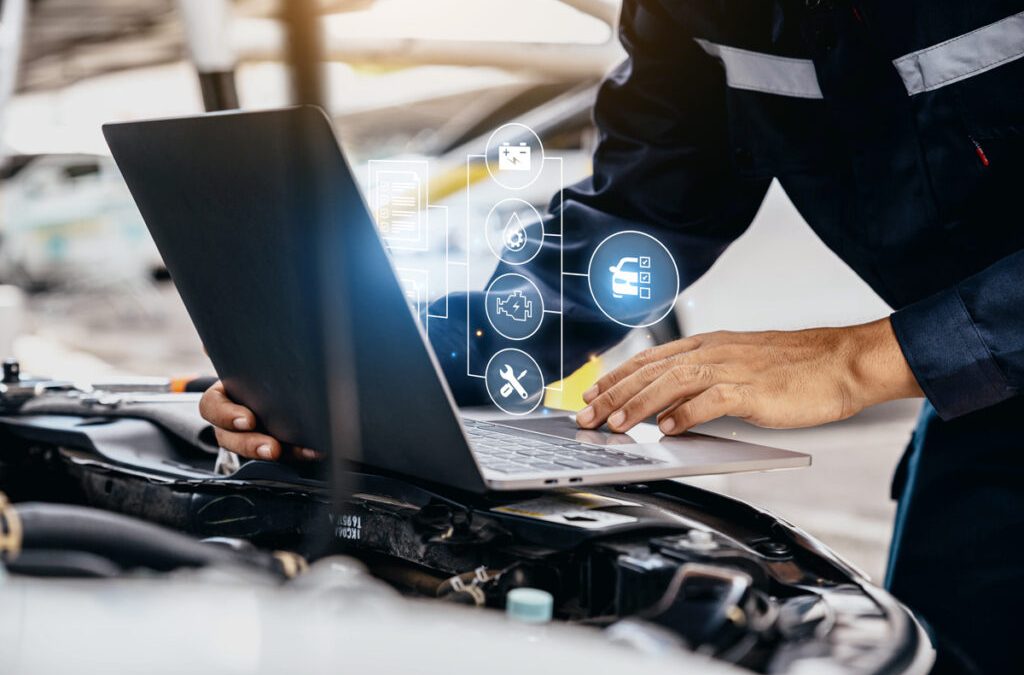Taking your vehicle for an engine diagnostic can be a nerve-wracking experience, especially if you’re unsure how long the process will take. If you’ve ever wondered, how long does an engine diagnostic take, you’re not alone. Understanding the intricacies of this procedure can help you better manage your time and expectations.

Introduction to Engine Diagnostics
An engine diagnostic is a critical process for maintaining the health of your vehicle. It involves using sophisticated technology to detect issues within the engine and other related systems. This procedure allows mechanics to find the root cause of a problem without taking the entire engine apart, saving both time and money.
The Importance of an Engine Diagnostic
Regular engine diagnostics can prevent costly repairs in the long run. They help in identifying potential issues before they escalate into major problems. By catching these early, you can avoid unexpected breakdowns and extend the lifespan of your vehicle.
Primary Phases of an Engine Diagnostic
Preliminary Assessment
The initial phase involves a visual inspection and a basic check-up of the vehicle. Mechanics will look at various components to get an idea of where the issue might be originating from.
Scanning for Trouble Codes
Modern vehicles are equipped with On-Board Diagnostics (OBD) systems that generate specific codes when theres an issue. A scanner is connected to the vehicle’s OBD port to retrieve these codes. This step is usually quick and takes only a few minutes.
Interpreting Diagnostic Trouble Codes (DTCs)
The retrieved codes offer clues about potential problems. However, interpreting these trouble codes requires expertise. The mechanic will analyze the codes to pinpoint the exact issue. This phase can take some time, depending on the complexity of the problem.
Physical Inspection
An in-depth physical inspection follows the interpretation of the trouble codes. This step involves examining the engine and its components for any visible signs of damage or wear.
Testing Specific Components
In some cases, specific components may need to be tested individually. This might involve using specialized tools to measure performance and functionality. This phase can vary in duration depending on what needs to be tested.
Factors Influencing Diagnostic Time
Vehicle Make and Model
The make and model of your vehicle can significantly influence how long an engine diagnostic takes. Some cars are easier to diagnose due to their design and diagnostics software, while others can be more challenging.
Complexity of the Problem
Simple issues like a faulty sensor can be diagnosed quickly, while more complex problems may require extensive testing and analysis. The more complicated the issue, the longer it generally takes to diagnose.
Experience of the Mechanic
An experienced mechanic can often diagnose problems more quickly than someone with less experience. Their familiarity with various makes and models allows them to interpret trouble codes and symptoms more efficiently.
Expected Duration of an Engine Diagnostic
On average, a standard engine diagnostic can take anywhere from 30 minutes to an hour. This timeframe includes the preliminary assessment, scanning, and interpretation of trouble codes. However, if the problem is more complex and requires additional testing, it can take up to several hours.
Quick Diagnostics (< 30 minutes)
Simple issues like a loose gas cap or faulty sensor can be diagnosed in less than 30 minutes. These are straightforward problems that dont require extensive testing.
Standard Diagnostics (30 minutes – 1 hour)
Most engine diagnostics fall into this category. This timeframe is usually sufficient to identify common issues like oxygen sensor failures, ignition coil problems, and airflow sensor defects.
Complex Diagnostics (1 hour +)
More intricate issues, such as transmission problems or electrical system failures, can take several hours to diagnose. These types of problems often require in-depth analysis and multiple tests.
Benefits of Conducting an Engine Diagnostic
Prevention of Major Repairs
One of the primary benefits of regular engine diagnostics is the prevention of major repairs. By catching issues early, you can avoid costly repairs in the future.
Improved Fuel Efficiency
Addressing minor issues through diagnostics can improve your vehicles fuel efficiency. Sensors and other components that are functioning optimally will help your engine run more efficiently.
Enhanced Vehicle Performance
Regular diagnostics ensure that your vehicle continues to perform at its best. By keeping the engine in good health, youll experience smoother rides and better overall performance.
Costs Associated with Engine Diagnostics
Average Diagnostic Costs
The cost of an engine diagnostic can vary depending on several factors. On average, you can expect to pay anywhere from $50 to $100 for a standard diagnostic test. Some garages offer this service for free if you proceed with the necessary repairs.
Factors Influencing Costs
The cost can be affected by the make and model of your vehicle, the complexity of the issue, and the rates charged by the garage. Luxury vehicles and complex problems generally cost more to diagnose.
Savings Through Early Detection
While the initial cost of an engine diagnostic may seem high, its important to consider the savings youll achieve through early detection of issues. Preventing major repairs can save you hundreds or even thousands of dollars in the long run.
Conclusion
Understanding how long an engine diagnostic takes and the factors influencing its duration can help you better manage your vehicle maintenance routine. Regular diagnostics not only prevent major repairs but also improve fuel efficiency and vehicle performance. Whether youre dealing with a simple sensor issue or a more complex problem, knowing what to expect can make the process less stressful.

FAQ
How often should I get an engine diagnostic?
It’s generally recommended to get an engine diagnostic at least once a year or whenever you notice any unusual symptoms in your vehicle.
Can I perform an engine diagnostic myself?
While it is possible to use a diagnostic tool yourself, interpreting the results accurately requires expertise. It’s always best to consult a professional mechanic.
What should I do if the engine diagnostic reveals a problem?
If a problem is identified, its important to address it promptly to avoid further damage. Consult your mechanic for the best course of action.
